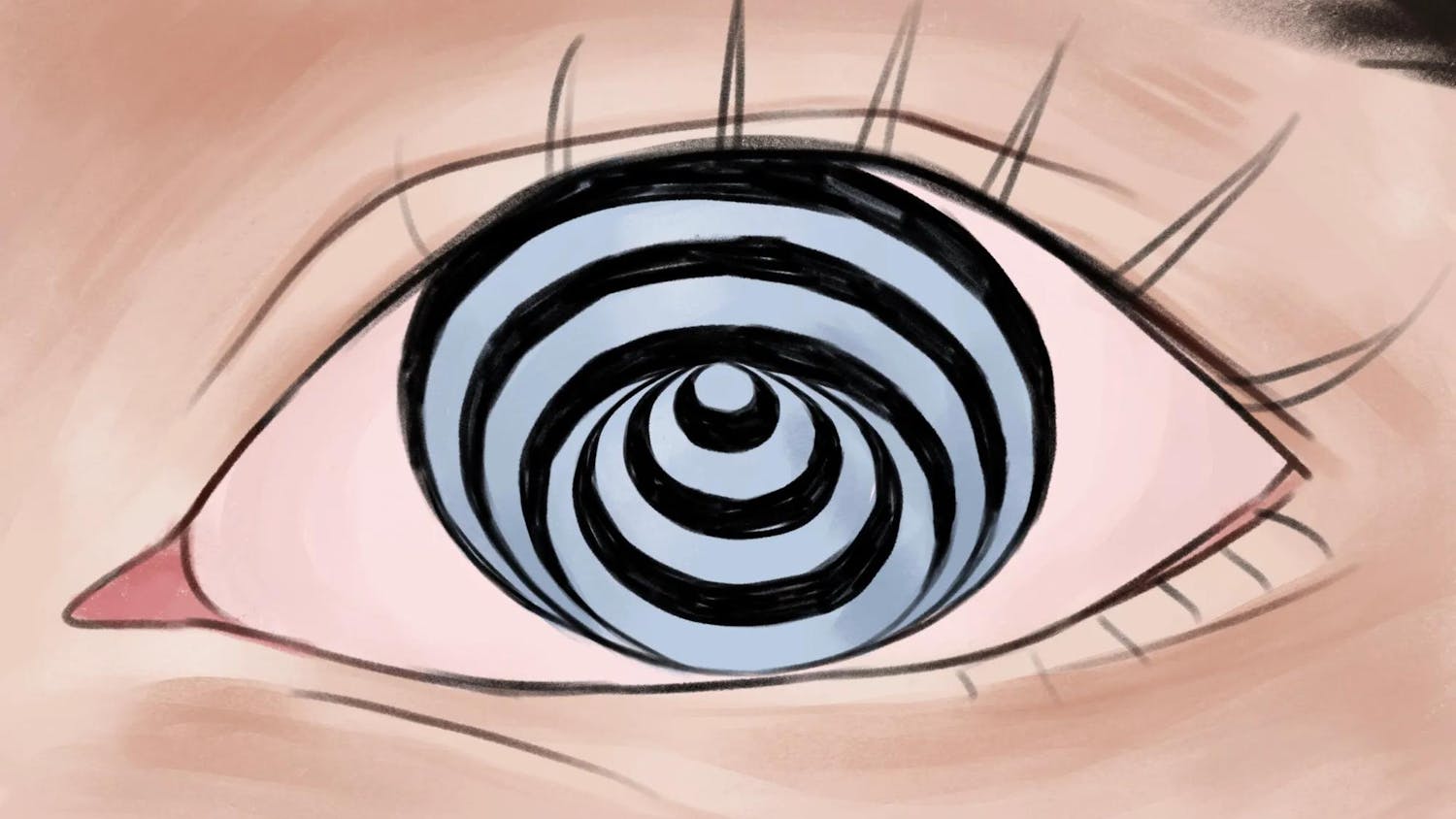Sheldon Krimsky, professor of urban and environmental policy and planning at Tufts University, discussed the different ways natural scientists and social scientists think about genetic causation during a lecture yesterday in Hunter Auditorium. The lecture, entitled "My Genes, My Politics: How Scientists Across Disciplines Think About Genetic Causation," was part of a science and technology studies series called "How Scientists Think."
Genetic causation refers to the idea that there are underlying genetic causes for most behaviors. Krimsky's recent research has focused on situations in which DNA data have been improperly used to support popular theories spread among the general public.
Krimsky said he was shocked by the number of times the general media use DNA to explain different behaviors. "I read that there were genetic causes for breakfast eating patterns, loneliness, religiousness, credit card debt, social networking, shyness ... and criminal behaviors," he said.
Krimsky provided examples of different studies, such as a 2008 finding that suggested that people with certain alleles of MAOA and 5HTT genes - two genes linked to depression - were more likely to vote.
"But we know that we have free will on where and for whom we vote," Krimsky said.
The different way in which social scientists and natural scientists approach this information reflects distinctions between the two disciplines, he said.
"Scientists try hypotheses - they know they have to do controlled studies. Social scientists are using statistics to generate causes," Krimsky said. "There are an endless number of correlations they can make. Natural scientists are more cautious about it."




